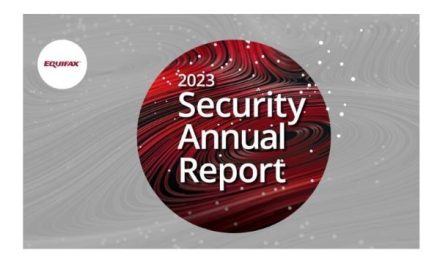The Bangko Sentral ng Pilipinas (BSP) and the Japan International Cooperation Agency (JICA) announced the list of banking participants for a credit risk database project intended to facilitate lending decisions for small businesses.
 “The project aims to improve access to finance among SMEs (small and medium enterprises) by promoting risk-based lending which uses credit scoring models to assess the capacity of SMEs to repay their loans,” BSP Governor Benjamin E. Diokno said at the virtual launch of the project.
“The project aims to improve access to finance among SMEs (small and medium enterprises) by promoting risk-based lending which uses credit scoring models to assess the capacity of SMEs to repay their loans,” BSP Governor Benjamin E. Diokno said at the virtual launch of the project.
The BSP said 17 banks participated in the project — Land Bank of the Philippines, Development Bank of the Philippines, Security Bank Corp., Rizal Commercial Banking Corp., Philippine Business Bank, Sterling Bank of Asia, China Bank Savings, Malayan Bank, Philippine Savings Bank, UCPB Savings Bank, Producers Savings Bank, Queen City Development Bank, Wealth Development Bank Corp., Sun Savings Bank, AllBank, Inc., CARD SME Bank, Inc. and First Consolidated Bank.
Chamber of Thrift Banks President Cecilio D. San Pedro said the data collection for the project has started. Meanwhile, the scoring model and the service will launch by July 2021, he added.
“We all know that one of the main issues for MSMEs (micro-, small-, and medium-sized enterprises) is funding, which is primarily because of the difficulty  faced by MSMEs to prepare sufficient information for loan appraisals, making it tough for financial institutions to evaluate credit,” Mr. San Pedro said.
faced by MSMEs to prepare sufficient information for loan appraisals, making it tough for financial institutions to evaluate credit,” Mr. San Pedro said.
In the first quarter, banks lent P208.201 billion to the MSME sector, about 2.47% of their total loan portfolio. This is below the 10% share required by Republic Act No. 6977 or the Magna Carta for MSMEs.
BSP Center for Learning and Inclusion Advocacy Ellen Joyce L. Suficiencia said the database will be a three-year project ending in 2022 that will be turned over to a permanent body — an industry association, a government agency or the BSP.
MSMEs made up about 99% of registered businesses in the Philippines as of 2018, according to the Department of Trade and Industry.
“Clearly, both the government and private sector should support MSMEs to help them withstand this crisis and eventually recover and thrive beyond this pandemic,” Mr. Diokno said.
Source: Business World News
Background: On February 7, the Japan International Cooperation Agency (JICA) signed a Record of Discussions with the Government of the Republic of the Philippines on the Project for Establishment of Credit Risk Database (CRD). This project aims to establish a CRD, which consists of a database of anonymously collected financial statements and default information of companies held by financial institutions, and a statistical scoring model generated from the database. It makes it possible for financial institutions to estimate customer’s Probability of Default by using the scoring model, and will enhance the credit risk assessment information of each financial institution. In addition, it is expected to promote risk-based credit that does not rely on collateral. This will contribute to improving the efficiency of financing for SMEs and strengthening the country’s financial system, and will contribute to Sustainable Development Goals (SDGs) Goal 8. The CRD system is unique to Japan and is the first in the Philippines. Source: JICA


























